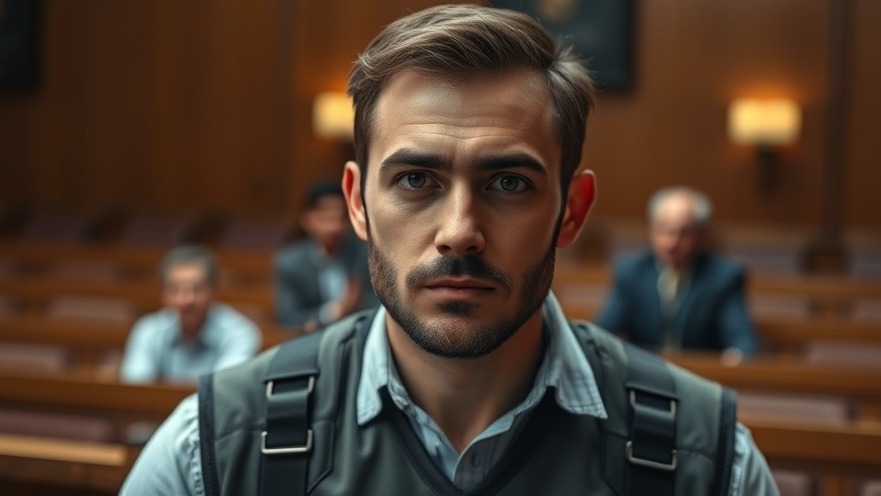
Understanding the Death Penalty Decision for Luigi Mangione
On April 25, 2025, federal prosecutors formally announced their intent to seek the death penalty for Luigi Mangione in connection with the murder of UnitedHealthcare CEO Brian Thompson. This significant legal move comes just a day before Mangione's scheduled arraignment in federal court, where he faces serious charges including murder and multiple counts related to stalking.
A Tragic Incident in New York City
The case against Mangione centers around the tragic event that unfolded on December 4, 2024, outside a hotel in New York City. Thompson was gunned down as he headed to an investor conference, an act that has shocked the nation. Prosecutors allege that Mangione did not merely act out of revenge or personal grievance; rather, they assert that he targeted Thompson deliberately—to broadcast an ideological message and provoke resistance against the healthcare industry.
Prosecutors' Perspective: Future Danger and Intent
In their formal notice, the prosecutors cite that Mangione poses a future danger, emphasizing his intent to rally political and social opposition through violent means. They claim he strategically took steps to evade law enforcement following the murder, which adds a layer of premeditation to the allegations. U.S. Attorney General Pam Bondi has publicly supported the aggressive pursuit of the death penalty in this context, linking it to a broader political agenda aimed at reducing violent crime across the nation.
The Political Climate Influencing the Case
This case comes at a time when discussions around capital punishment are intensifying within the political sphere. With President Trump's administration advocating for stricter measures against crime, the decision to seek the death penalty appears to align with the administration's controversial law-and-order policies. This context raises questions about how political agendas might influence judicial processes, particularly in high-profile cases like Mangione's.
Public and Legal Reactions
Responses to the prosecutors' decision have been mixed. Mangione's defense team argues that seeking the death penalty in this case serves as a political maneuver rather than a genuine pursuit of justice, claiming that it is a tactic to divert public attention. Social commentators and legal experts also express concerns about the increased politicization of the criminal justice system, particularly in cases where the death penalty is on the table.
Legal Precedents and Public Opinion
This case is not occurring in a vacuum; it is part of a larger narrative regarding the use of the death penalty in America. As jurisdictions grapple with the ethical implications and efficacy of capital punishment, Mangione's impending trial will inevitably draw attention to the broader societal debates on the topic. Polls over the years have shown fluctuating public support for the death penalty, with significant portions of the population questioning its fairness and effectiveness as a deterrent.
The Road Ahead: Implications of the Case
As the legal proceedings begin, the implications of this case will resonate beyond the courtroom. If the death penalty is sought and achieved, it could set a precedent for how similar cases are handled in the future, especially those with ideological motivations. On a societal level, this trial could reignite discussions around gun violence, mental health, and the ethics of capital punishment, keeping the public engaged in the unfolding narrative.
Conclusion: An Ongoing National Dialogue
The case of Luigi Mangione encapsulates the complex intersection of crime, politics, and public opinion concerning the death penalty. Future court rulings and societal reactions will likely shape the landscape of capital punishment in the U.S. As this high-profile case unfolds, it serves as a critical point of reflection for all stakeholders—victims' families, legal professionals, and the public at large—to consider what justice truly means in an increasingly polarized society.
 Add Element
Add Element  Add Row
Add Row 



 Add Row
Add Row  Add
Add 


Write A Comment